Joshua Burnell – Glass Knight – Review – 14/08/23
A review of Joshua Burnell’s “Glass Knight” album 14/08/23
Iona Lane – Hallival – Album Review
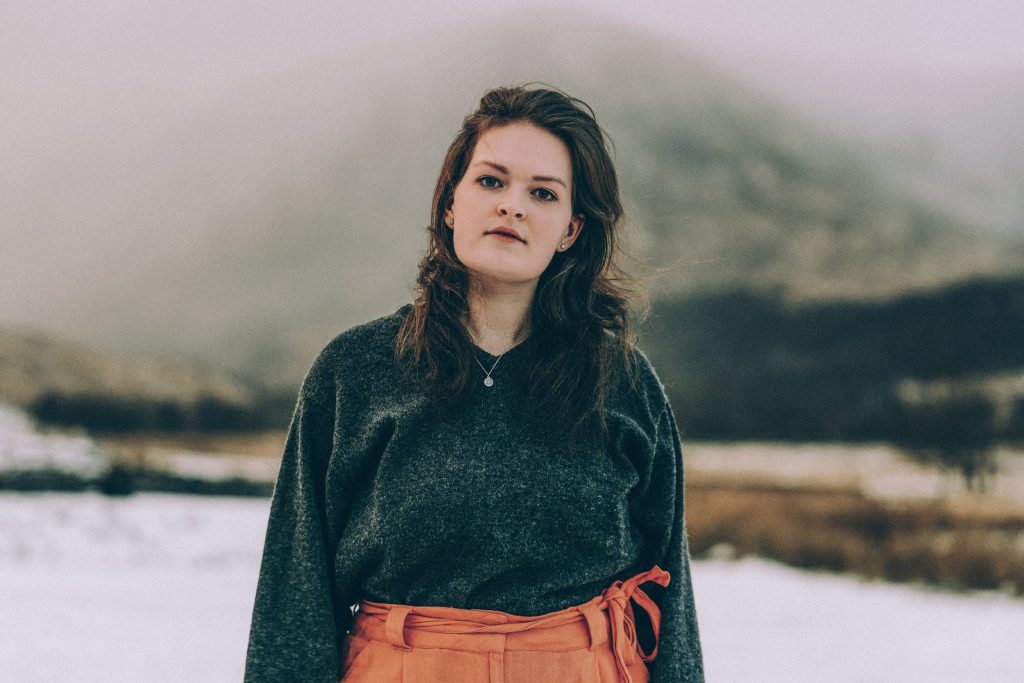
Released – March 25 2022 From beyond the rolling mist (and probably a few sheets of snow) the mountain of Hallival stands beautiful as a site of exploration, and in seeing it, a conquest of one’s own very ideas of beauty. Iona Lane’s debut album takes this beauty and transcribes it into a folky exploration […]
Ninebarrow- “A Pocket Full of Acorns” Review
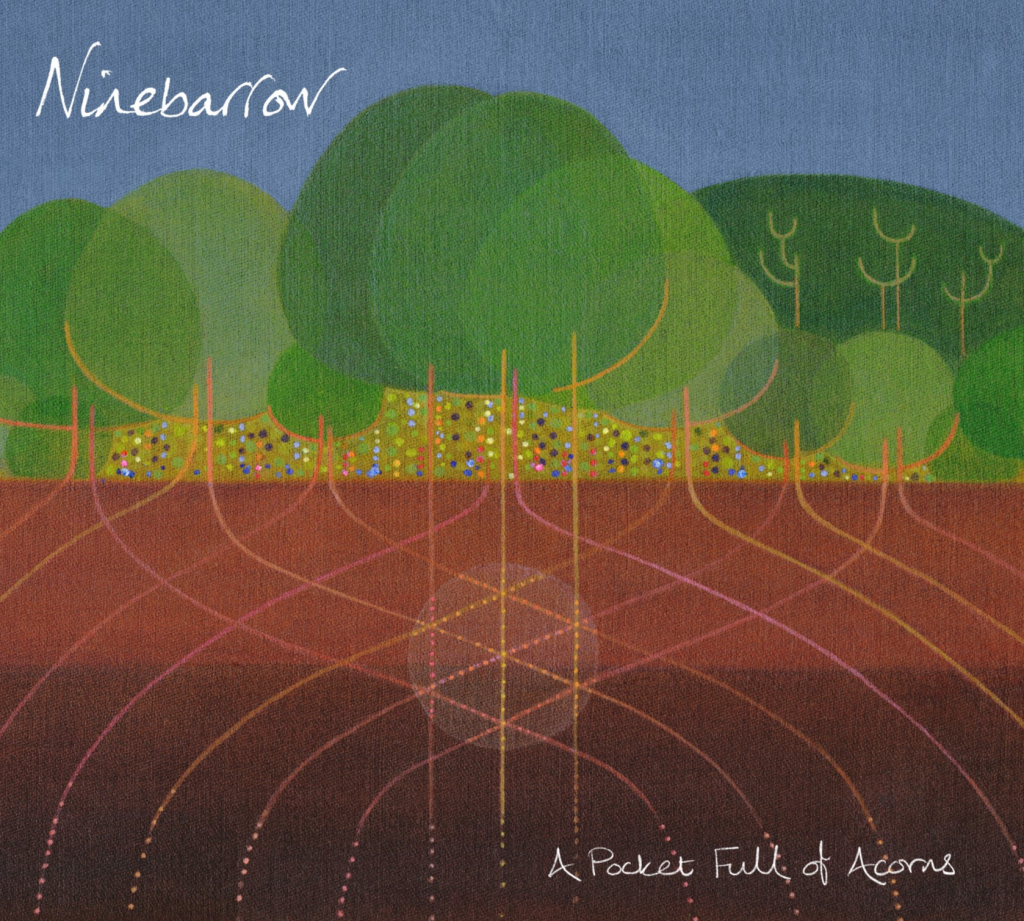
Timely, persistent and quiet. The natural world continues to spill forth from Ninebarrow’s fourth album, in all the best ways. Those quiet boys of folk, Ninebarrow, have been keeping themselves busy during the lockdown. Well, when we say quiet, we acknowledge that ever since their debut album they have been anything but; with recognition from […]
The Wilderness Yet – Debut Album Review
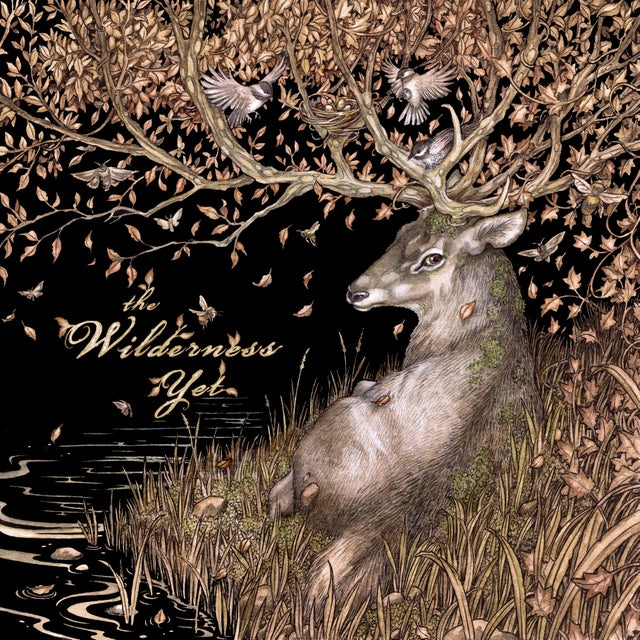
Their ears and hearts nested in the traditional, ‘The Wilderness Yet’ provide an album with many brilliant, emotional responses to nature. Away from the bustle, in a secret garden within the leafy settlement of Sheffield, we get the glimpse of a band bringing their debut to the fore. “The Wilderness Yet” comprises of Rowan Piggott […]
Saskia – Are You Listening?” (Album Review)
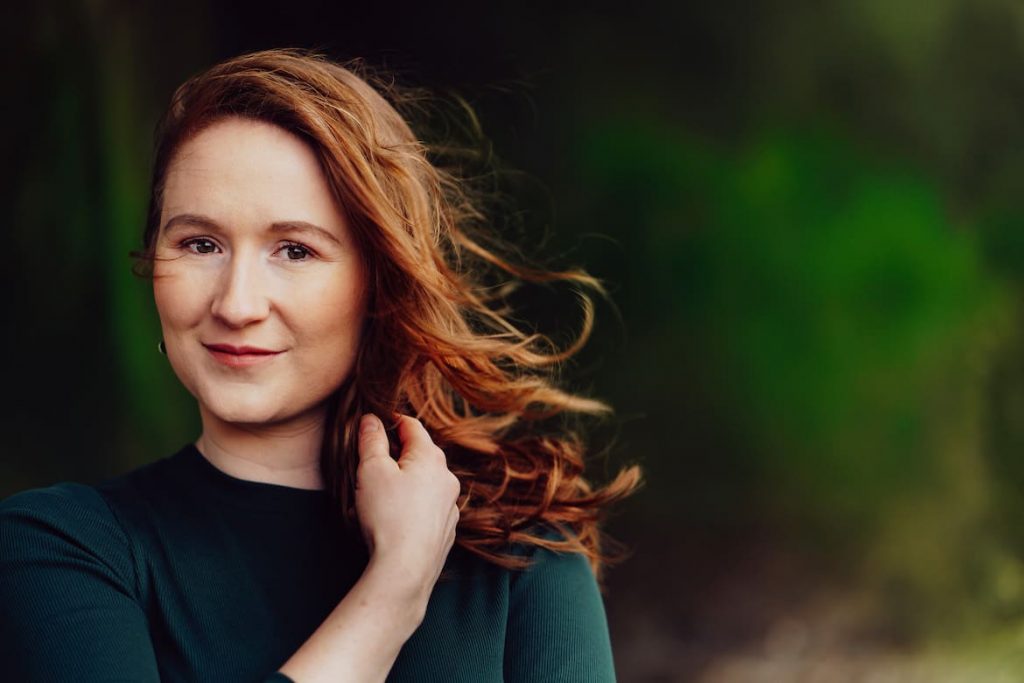
“An album that refreshes and surveys the ground covered up to now. Saskia continues to sculpt her clay of gentle-folk into a pleasing and healing treasure.” Released July 31st 2020. Our Pick: “Write me a Song” (Track 5) From the brightest, warmest and sunniest part of folk music’s acoustic heart comes musician, Saskia Griffith Moore […]
Kirsty Merryn – Our Bright Night (review)
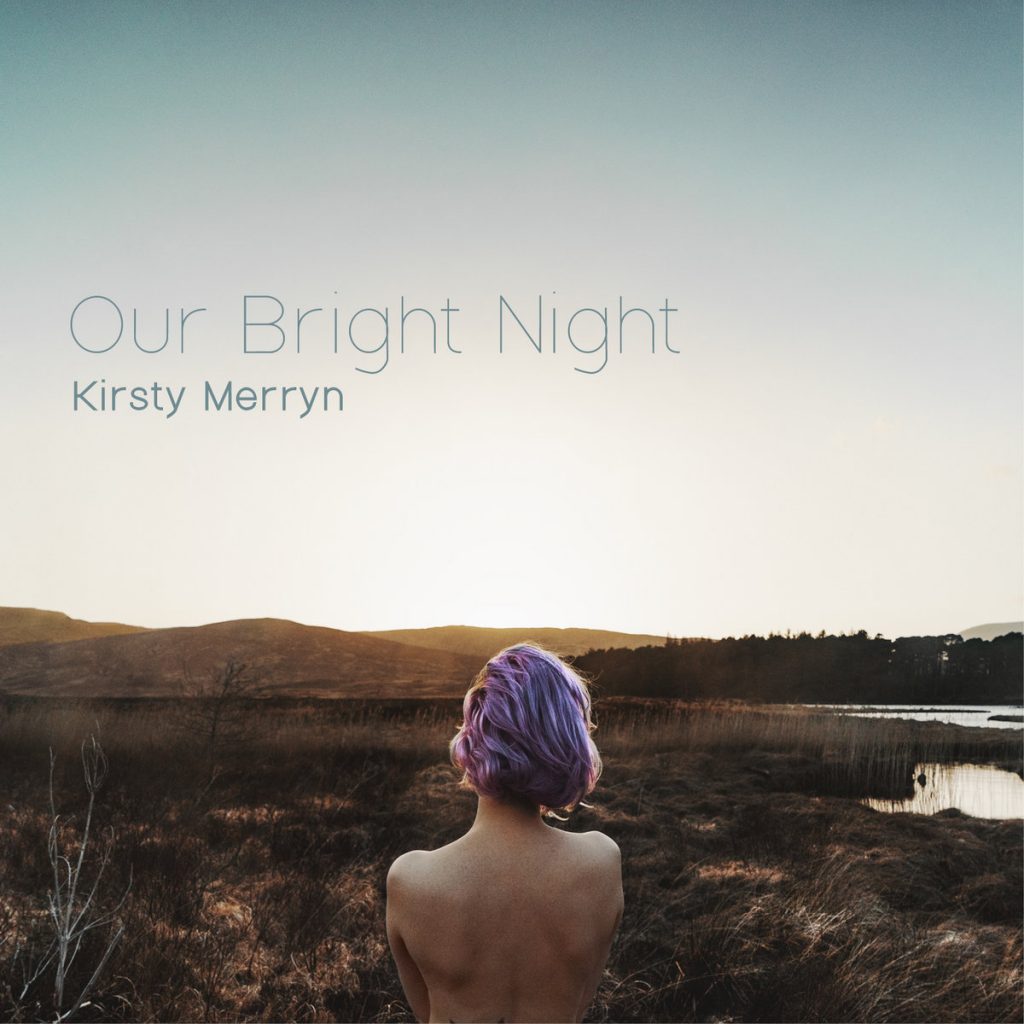
Released 24/04/20 Singularly beautiful, contemplative and dark. Merryn’s second album is a creeping jaguar in the rainforest of folk. When you think of 90’s films with pianos.. What comes to mind? Is it “King Ralph” (1991) with John Goodman playing “Good Golly Miss Molly” in formal attire and bragging about his Rolling Stone Collection, or […]
Peter Knight’s Gigspanner “The Wife of Urban Law” Review

“An album that greets old friends with a warm handshake which has arrived with a zest for life and a sense of adventure” Picking up Peter Knight’s Gigspanner’s “The Wife of Urban Law” you might think that the soul of this disc is wrapped up warm in a coat of high reputation. Like a […]
Bella Gaffney- Heaven Knows – Album Review
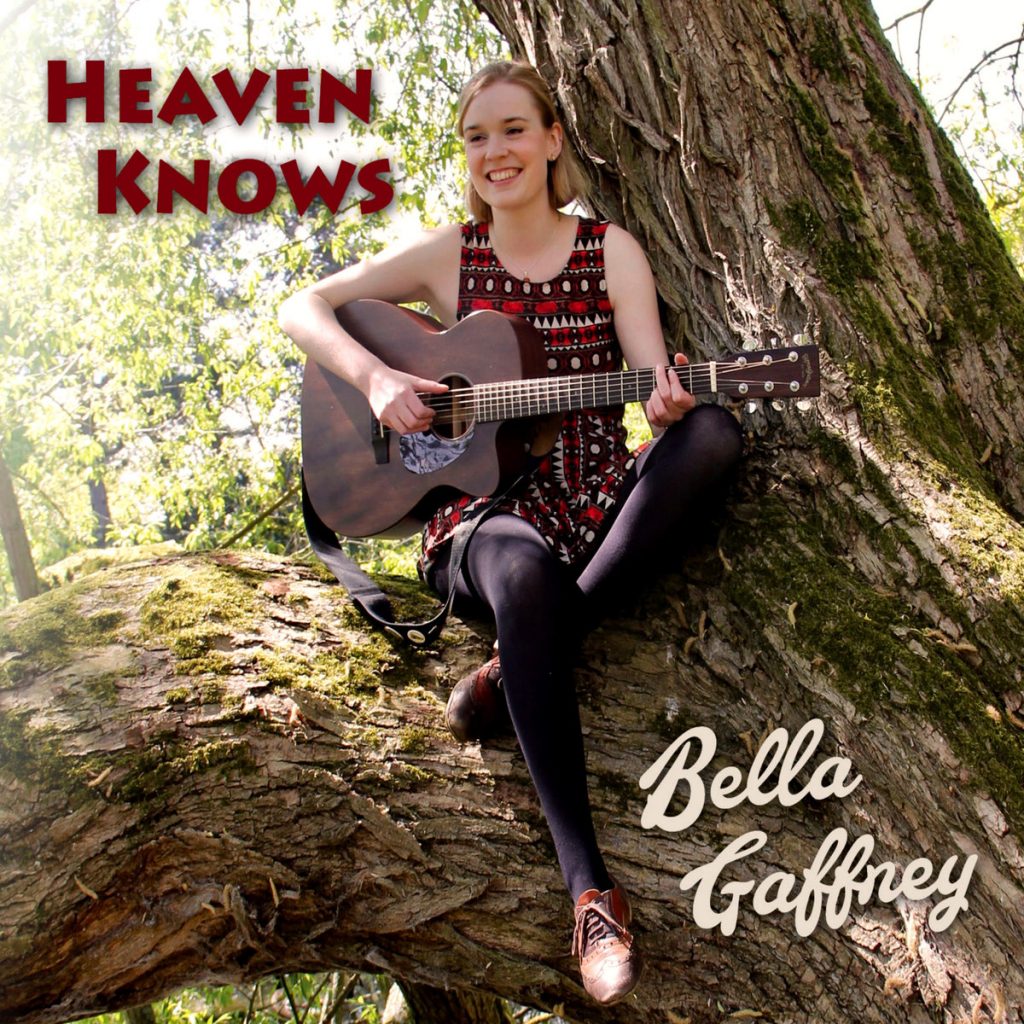
Album: Heaven Knows With: Bella Gaffney (Vocals and guitars, concertina, and more) Lauren Deakin Davies (Bass guitar, keys and percussion) Nick Hall (Backing vocals and lead guitar) Tim Spencer (Drums) Chris Elliott (Fiddle) Heather Sirret (Bass Guitar) James Gaffney (Piano) Tracks: 11 Produced by: Lauren Deakin Davies FOLKSTOCK RECORDS […]
Oka Vanga -Dance of the Copper Trail – An Album Review
Hot on the heels of their previous entry “Tales from Eyam” the latest album from the acoustic duo, Oka Vanga, has arrived. In fact it arrived 31 March but let us not dwell on the time that has passed. As Spring has undoubtedly turned to Autumn with the hints of amber leaves blowing in delightful […]
Elfin Bow – A Debut Album Review
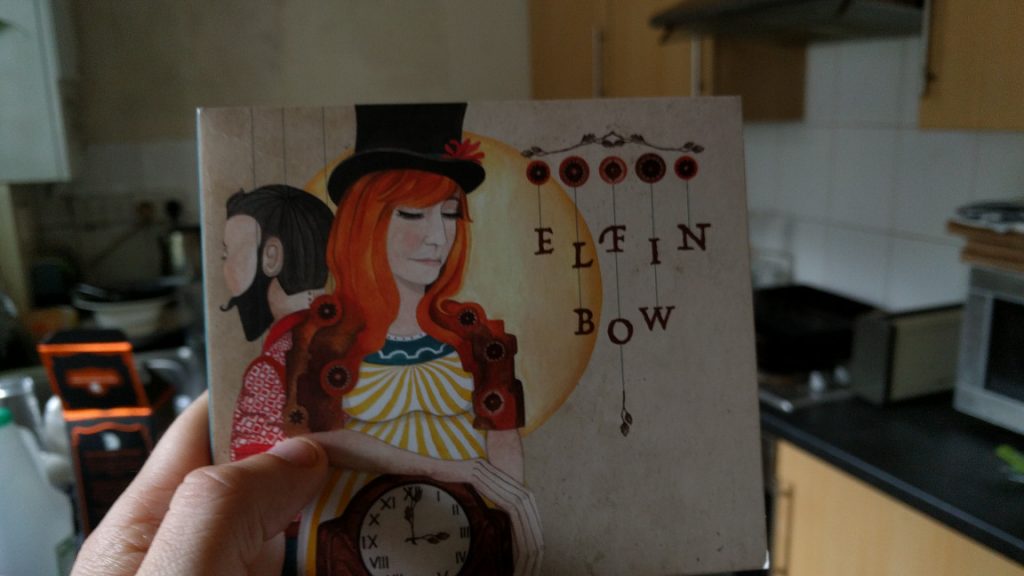
Elfin Bow – (Elfin Bow) Elfin Bow Music Recorded at: Hound Dog Studios, Liverpool www.elfinbow.co.uk Released 18th March 2017 Elfin Bow is very much the ringmaster in this positively creative and interesting debut that takes the best elements of her musical inspirations and fuses them with the mysteries and wonders of folk music. […]